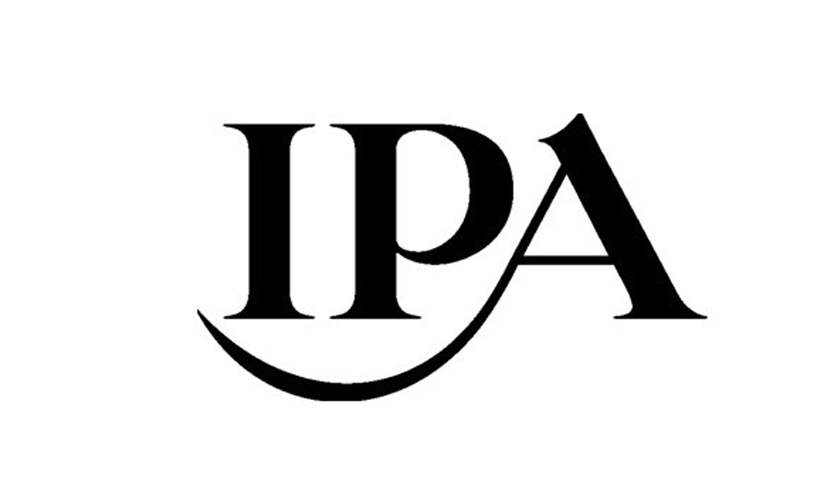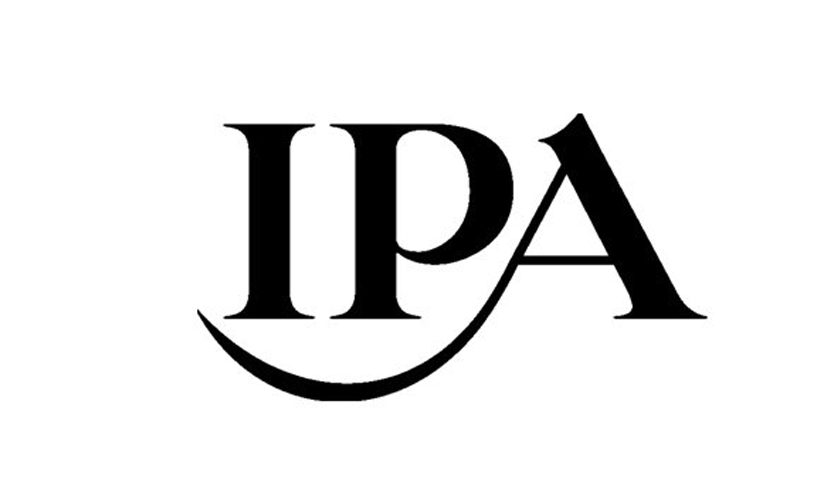UK marketing budgets were slashed to their lowest levels in the twenty-year history of the IPA Bellwether Report in light of the devastating impact of the coronavirus, according to the Q2 2020 figures released on 15 July.
The net balance of firms that cut marketing budgets fell to -50.7% in Q2, down from -6.1% in Q1, with almost 64% of panel members having registered a decrease in spending compared to the first quarter, while only 13% posted an increase. These figures supersede the Report’s previous nadir of -41.7% evidenced in Q4 2008, following the global financial crisis.
Anecdotal evidence from the Q2 2020 Report suggests that many businesses were focused on cutting costs amid the severe declines in revenue caused by the pandemic. Although firms utilised the UK government’s furlough scheme to ease the burden of staff costs, other reductions were required in order for many businesses to survive. Service sector companies faced particularly challenging circumstances, with little-to-no access to their clients amid enforced closures.
Decline in overall marketing budgets driven by broad-based reduction across every category
With coronavirus restrictions prohibiting anything other than small gatherings, funding for events marketing saw the sharpest reduction in the second quarter. A net balance of -76.6% of panellists registered a decline in events budgets, with more than 80% reporting a decrease. Just 3.6% posted a rise.
Main media advertising, crucial for brand exposure, also reported a steep decline in Q2. In fact, the reduction in budgets was the most severe since the survey’s inception, with a net balance of -51.1% of marketing executives seeing a decline in available spend. Underlying data within this main media category suggested the worst performing sub-category was out of home advertising (-61.2%). This was followed by audio (-50.0%), published brands (-49.2%), video (-39.3%) and other online (-35.1%).
Across each of the seven broad marketing types, direct marketing and public relations saw the joint-softest budget cuts in the second quarter, although with net balances of -41.6%, the downturns were still severe overall. Meanwhile, market research (-42.2%), sales promotions (-51.2%) and other marketing expenditure (-59.2%) each saw historic reductions for their respective categories.
Company-specific and industry-wide financial prospects move deeper into negative territory
Bellwether panellists remained pessimistic towards financial prospects in the second quarter of 2020, casting more downbeat assessments on both own-company and industry-wide finances.
Sentiment on own-company prospects plunged far deeper into negative territory compared to the first quarter, when the severity of the COVID-19 pandemic was only just beginning to become apparent. In the second quarter, precisely two-thirds of survey participants reported a pessimistic outlook for finances against 11.5% that expected an improvement, taking the net balance to -55.1%. The result represented the most severe degree of negativity since the fourth quarter of 2008 when the net balance measured -57.7%.
Reporting on industry-wide prospects, firms were also more pessimistic in the second quarter. In the latest survey period, 72.4% of businesses were pessimistic on financial prospects compared to just 6.4% that were optimistic. As a result, a net balance of exactly -66% of firms were downbeat, eclipsing the recent low of -42.0% registered in Q1. The latest reading pointed to the most negative outlook since the final months of 2008, at the nadir of the global financial crisis, when the net balance stood lower at -71.1%.
Adspend expected to rebound in 2021
Following the global coronavirus outbreak and resulting lockdown measures, Bellwether author IHS Markit anticipates steep contractions in several key economic indicators during 2020. With many businesses temporarily closed throughout the majority of the second quarter, IHS Markit is expecting a -11.9% decline in GDP for the year as a whole. This forecast assumes that the gradual easing of UK lockdown measures continues over the coming months, allowing an increasing number of businesses to fully reopen and begin to claw back some of the lost revenue from the months of March, April and May. Given the current economic climate, the Bellwether model points to a -11.3% reduction in adspend during 2020. However, this figure is heavily dependent on most sectors in the UK economy remaining open for the rest of the year, with a second wave of coronavirus infections a significant downside risk.
Looking forward, IHS Markit anticipates a robust recovery in macroeconomic conditions during 2021 as businesses move closer to operating at full capacity. This would translate into a predicted +4.9% expansion in GDP and implied adspend growth of +6.0%. Beyond that, it expects the economy to achieve above-average growth during a further recovery phase, before stabilising near long-run rates in 2024 and 2025.
Commenting on the latest survey:
Paul Bainsfair, IPA Director General:
“As we suspected, these Q2 Bellwether figures reveal the very grave impact of COVID-19 on UK companies’ marketing budgets, financial prospects and employment plans. Understandably companies in the most severely disrupted sectors have had few options but to preserve cash and operations to survive until trading conditions are more benign. We can only hope that the range of Government aid – from VAT cuts to the Eat Out scheme, in addition to the furlough scheme and more, can help to facilitate this.
“While the future trajectory of the economy is unpredictable, however, that of brands starved of marketing investment is much clearer. Our evidence from previous recessions and periods of buoyancy consistently shows that cutting marketing investment weakens brands in the near-term and limits growth and profitability in the long-term.”
There are positive forecasts for a return to adspend growth in 2021 but a significant part of this coming to fruition hinges on the decisions companies make now. Ultimately, companies must invest in marketing in a recession in order to profit in a recovery.
Eliot Kerr, Economist at IHS Markit and author of the Bellwether Report:
“Given the steady flow of awful economic data that we’ve seen since the start of the UK lockdown in March, a further reduction to marketing budgets in the second quarter was anticipated. However, the sheer scale of the latest decline, unprecedented since we first started producing this report over 20 years ago, shows the catastrophic impact that this crisis has had. Despite the weak headline figures and the corresponding hardship that many businesses will face for the rest of this year, we do expect a strong bounceback in 2021.”
Michelle Wright, Company Director, Gough Bailey Wright and IPA Chair for England & Wales:
“I doubt these results will come as a surprise to anyone, as an industry we’re used to feeling the effects of any downturn in the economy pretty quickly and it was clear very early on, for agencies across the regions, that we were not going to see a ‘V shaped recovery’. It’s very encouraging to see positive forecasts for a return to growth for our industry in 2021 but there’s no doubt it is going to be a very challenging year, and the threat of a second wave of COVID-19 does not help consumer confidence which is vital to keep things moving.
“As an industry we are tuned into effectiveness, and our research and past results show that brands that are able to push themselves forward and continue to advertise during these times are more likely to build longer term growth, this has probably never been more important.”
Patrick Reid, Group CEO, Imagination:
“Coronavirus’ impact on marketing expenditure in Q2 2020 – for live events, especially – has clearly been a huge challenge. But with the lifting of lockdown and the drive for more innovative ways of delivering against our clients’ objectives, the expectation of recovery for the rest of this year and into 2021 is encouraging. Without a doubt, the marketing industry will need to adjust to meet post-pandemic expectations, and experiences – which have enjoyed such growth in recent years thanks to the unrivaled opportunity they give brands to inspire and engage through the telling of brand stories in holistic environments – will be well-placed to recover lost ground.”
Pete Robins, the7stars:
“Unfortunately, this is the least surprising set of results I’ve seen from a Bellwether Report. But whilst its been brutal, the media market has never been more technically advanced so can quickly react as advertisers can come back. And those advertisers who embrace modern media techniques will have more choice than ever before to rebuild investment confidence whilst minimising their risk.”
Paul Hutchison, Chief Executive Officer, UK at Wavemaker:
“Today’s report confirms the reality of what we have been experiencing since the middle of March. Of course, whilst the headline of the fastest decline since this report commenced 20 years ago is shocking, it is, however, hardly surprising.
“V shaped recovery, U shaped recovery, who knows. What we do know is that marketing is an investment and growth is there to be had. We may need to think differently about how and where to find growth and experience uncomfortable change to realise it but those brands who positively provoke and focus on both short term optimisation and longer term transformation will, bounce back strongest and fastest.”
For additional information, please purchase the full Q2 2020 report (£99+VAT for IPA members, £140+VAT for non-members) that also has content detailing threats and opportunities facing marketers and their companies over the coming 12 months. The report includes charts comparing business confidence amongst survey panellists to wider economic output, which depicts how views on financial prospects are a function of the current business environment. Annual subscription is available by contacting economics@ihsmarkit.com


